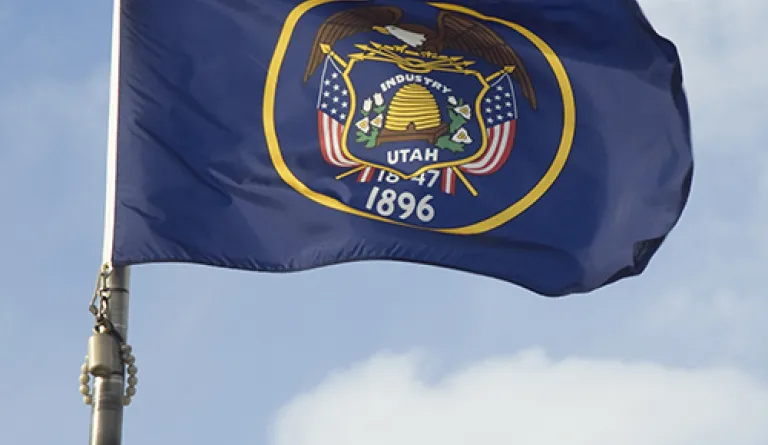Utah Adopts Civil Case Management Pilot Program

Back in 2011, Utah implemented significant statewide changes to its rules of civil procedure governing disclosure and discovery, incorporating proportionality and presumptive discovery limits based on tiers. Once again Utah is on the leading edge, implementing a Civil Case Management Pilot Program that promotes increased judicial case management oversight. The pilot program recognizes that early and active judicial case management is key to efficient litigation, particularly for complex cases. The pilot program puts into effect many of IAALS’ recommendations from its publication Working Smarter, Not Harder: How Excellent Judges Manage Cases, including an early active case management conference, the early setting of a firm trial date and firm date for dispositive motions, periodic status conferences, and the option of using informal status conferences to resolve discovery disputes.
Utah’s pilot program, which began January 1, 2016, and will continue through December 31, 2017, applies to select cases in the Second, Third, and Fourth Judicial Districts. All Tier 3 cases will be randomly assigned to participating judges, and a portion of Tier 2 cases in the Second and Fourth Districts. Utah has been a leader in using data to inform and improve the administration of justice, and this pilot program will also be evaluated.
“One premise to be tested is that early and active judicial case management will result in decreased time to disposition and reduced litigation costs. If litigation becomes more efficient and less costly, while still achieving just outcomes, the hope is that litigants, lawyers, and judges will have greater satisfaction with the judicial process.”
The initial case management conference is intended to provide an opportunity to talk about proportional discovery. During the conference, the judge will engage in a dialogue with the parties regarding the various discovery methods and the time needed to complete discovery, which may be “the same, less, or more than the default limits” for Tier 2 and Tier 3 cases. The goal is that this early dialogue will help achieve the goals of proportional discovery from the start, eliminating the need for extraordinary discovery later in the case. There are clear parallels to the recent amendments to the Federal Rules of Civil Procedure, which incorporate proportionality into the scope of discovery and encourage active judicial case management. Utah remains a jurisdiction to watch.
